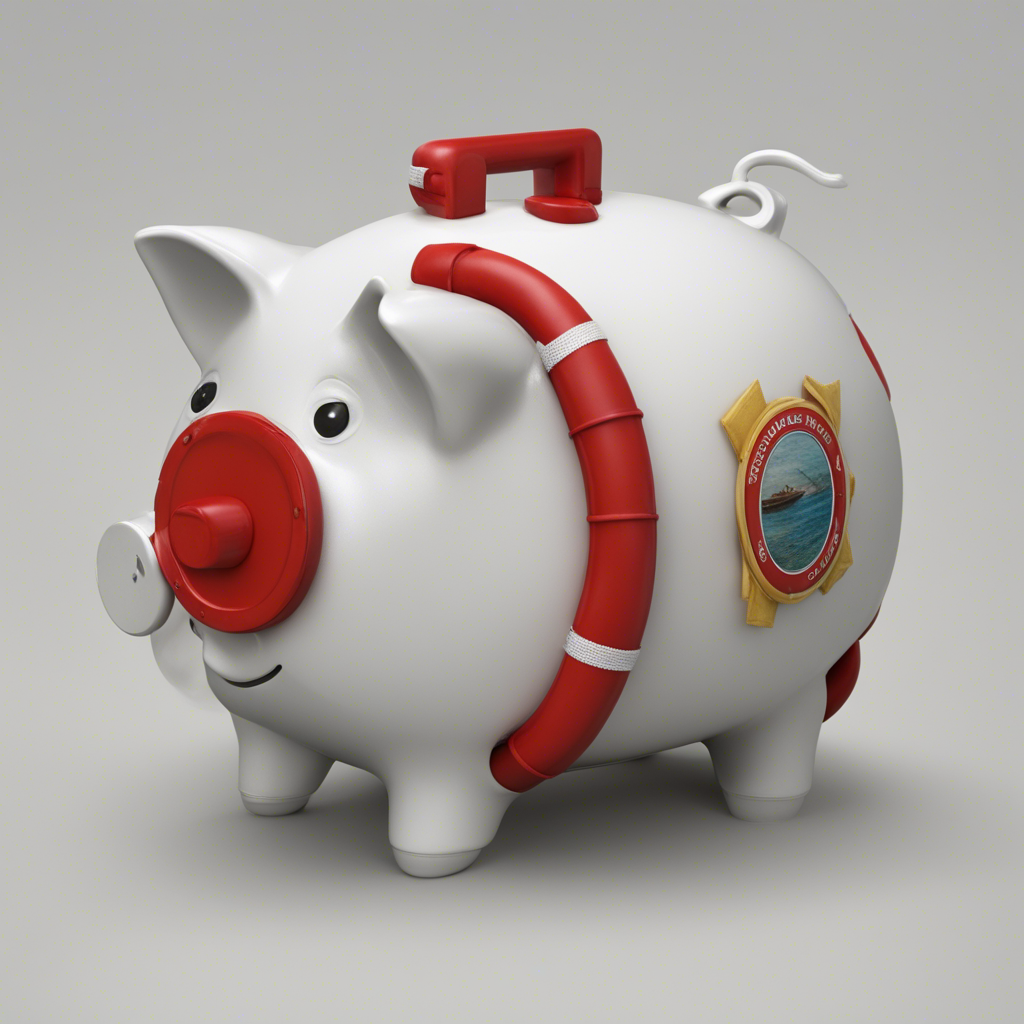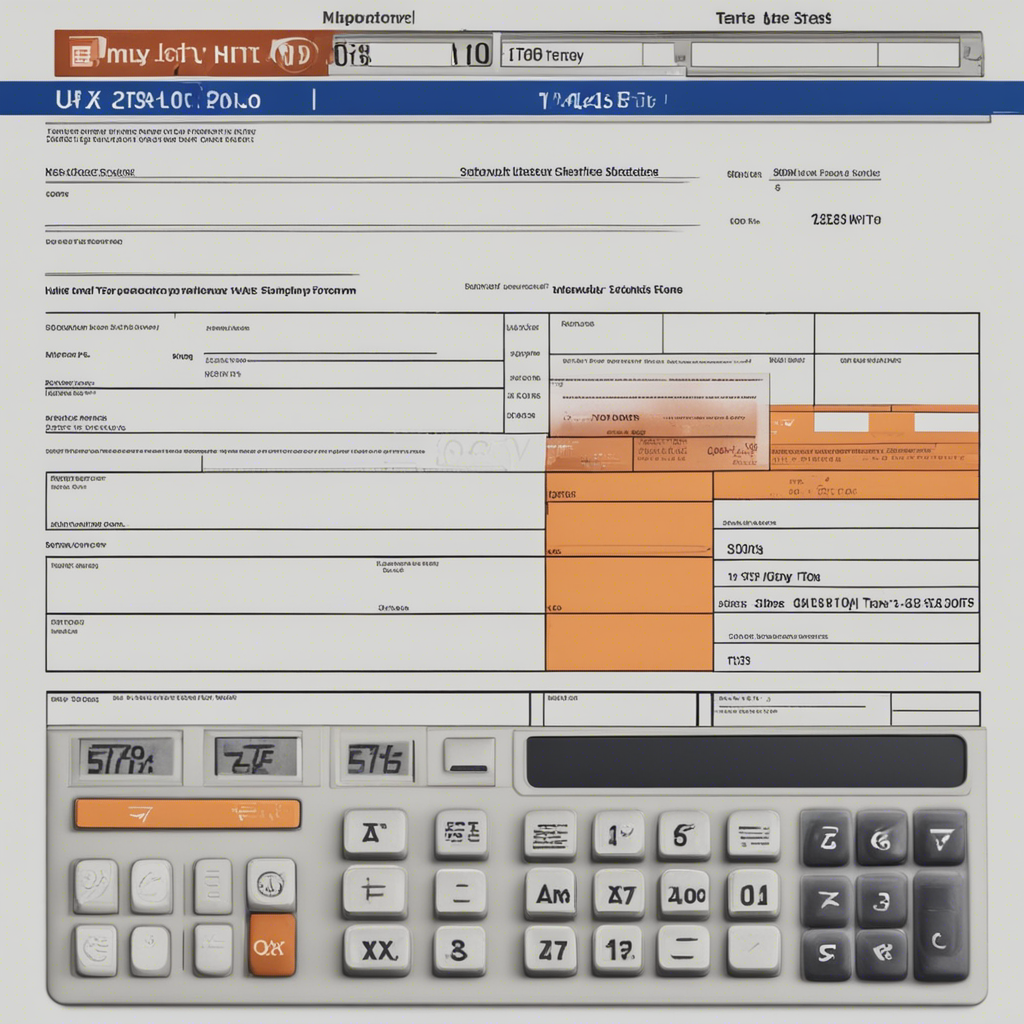
Planning Your Finances for a Post-COVID-19 World
As the world begins to recover from the unprecedented impact of the COVID-19 pandemic, it is crucial for individuals to start planning their finances for a post-pandemic world. The economic landscape has drastically changed, and this calls for careful consideration and strategic decision-making to ensure financial stability and growth in the coming years.
In this comprehensive guide, we will discuss various aspects of financial planning in a post-COVID-19 world. From budgeting and saving to investment strategies and debt management, we will provide you with actionable insights and expert advice to help you navigate the new financial landscape.
Assessing the Current Financial Situation
Before diving into planning for the future, it is essential to evaluate your current financial situation. Take the time to assess your income, expenses, assets, and liabilities. This will help you gain a clear understanding of your financial standing and identify areas for improvement.
Start by analyzing your savings and emergency funds. Many individuals had to dip into their savings during the pandemic to cope with financial challenges. It is crucial to replenish these accounts to establish a safety net for future uncertainties.
Budgeting and Saving for the Future
Creating a solid budget is a fundamental aspect of financial planning for any time, but it becomes even more critical in a post-COVID-19 world. A well-structured budget ensures that you allocate your resources efficiently and prioritize your financial goals.
To budget effectively, track your expenses diligently and categorize them into essential and non-essential categories. Cut down on unnecessary spending, especially in areas that were identified as non-essential during the pandemic. This exercise will help redirect funds toward savings and investments.
Experts recommend saving at least three to six months’ worth of living expenses as an emergency fund. This will provide a cushion in case of unforeseen circumstances such as job loss or medical emergencies. Consider automating your savings by setting up recurring transfers to a separate account, ensuring consistency and discipline in your saving habits.
Reviewing and Adjusting Investments
The pandemic has caused significant disruptions in the global economy, affecting investment portfolios across various asset classes. As the world begins to recover, it is crucial to review your investments and rebalance your portfolio to align with the new economic reality.
Consult with a financial advisor to assess the performance of your investments and determine whether any adjustments are necessary. Diversification remains a key strategy in mitigating risk, so consider diversifying your portfolio across different asset classes, geographic regions, and sectors.
In a post-pandemic world, some sectors, such as technology and healthcare, have shown resilience and growth. Consider allocating a portion of your portfolio to these sectors, while also maintaining a long-term perspective to ride out market fluctuations.
Managing Debt and Credit
During the pandemic, many individuals had to rely on credit cards or loans to manage their finances. As the economy stabilizes, it is crucial to devise a strategy for managing and reducing debt effectively.
Start by prioritizing high-interest debt, such as credit card debt. Paying off high-interest debt first will save you money in the long run. Consider consolidating debt or exploring balance transfer options to lower interest rates.
Additionally, review your credit score and ensure its accuracy. A good credit score is crucial for future borrowing and financial opportunities. Regularly monitor your credit report, and if you spot any errors, work towards rectifying them promptly.
Insuring Your Financial Future
The pandemic highlighted the importance of insurance as a financial safety net. Ensure that you have adequate insurance coverage to protect yourself and your loved ones from unexpected events.
Review your existing insurance policies, including life, health, property, and auto insurance, to verify that the coverage aligns with your current needs. Work with an insurance professional to identify any gaps in coverage and adjust accordingly.
The Power of Education and Professional Advice
In navigating the complexities of the post-COVID-19 financial landscape, seeking professional advice and continuously educating yourself about personal finance is essential.
Consider consulting with a certified financial planner to develop a comprehensive financial plan tailored to your specific goals and needs. A qualified professional can provide guidance on investment strategies, tax planning, retirement planning, and more.
Stay abreast of financial news, trends, and developments by following reputable sources. Trusted financial publications, government websites, and respected financial bloggers can provide valuable insights and analysis to inform your financial decisions.
Conclusion
Planning your finances for a post-COVID-19 world requires diligence, adaptability, and a long-term perspective. By assessing your current financial situation, budgeting effectively, reviewing and adjusting investments, managing debt, insuring your financial future, and seeking professional advice, you can position yourself for financial success and resilience in the face of future uncertainties.
Remember, financial planning is an ongoing process. Regularly review and revise your financial plan as your goals and circumstances change. By staying proactive and informed, you can navigate the post-pandemic financial landscape with confidence and achieve your long-term financial objectives.
Disclaimer: This article is for informational purposes only and should not be construed as financial advice. Always consult with a qualified financial professional before making any financial decisions.
References:






